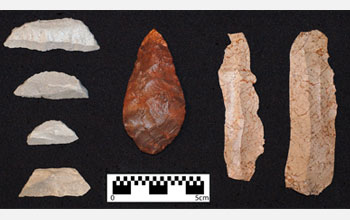Medvedev defends Moscow's role in WWII
Source: Yahoo News (8-30-09)MOSCOW – Russia's president defended Moscow's role in World War II before the 70th anniversary of its outbreak, saying in an interview broadcast Sunday that anyone who lays equal blame on the Soviet Union and Nazi Germany is telling a "cynical lie."Dmitry Medvedev's remarks were the latest salvo in Russia's bitter dispute with its neighbors over the war and its aftermath. The Kremlin has launched a campaign for universal acceptance of its portrayal of the Soviet Union as Europe's liberator.
Read more....


















